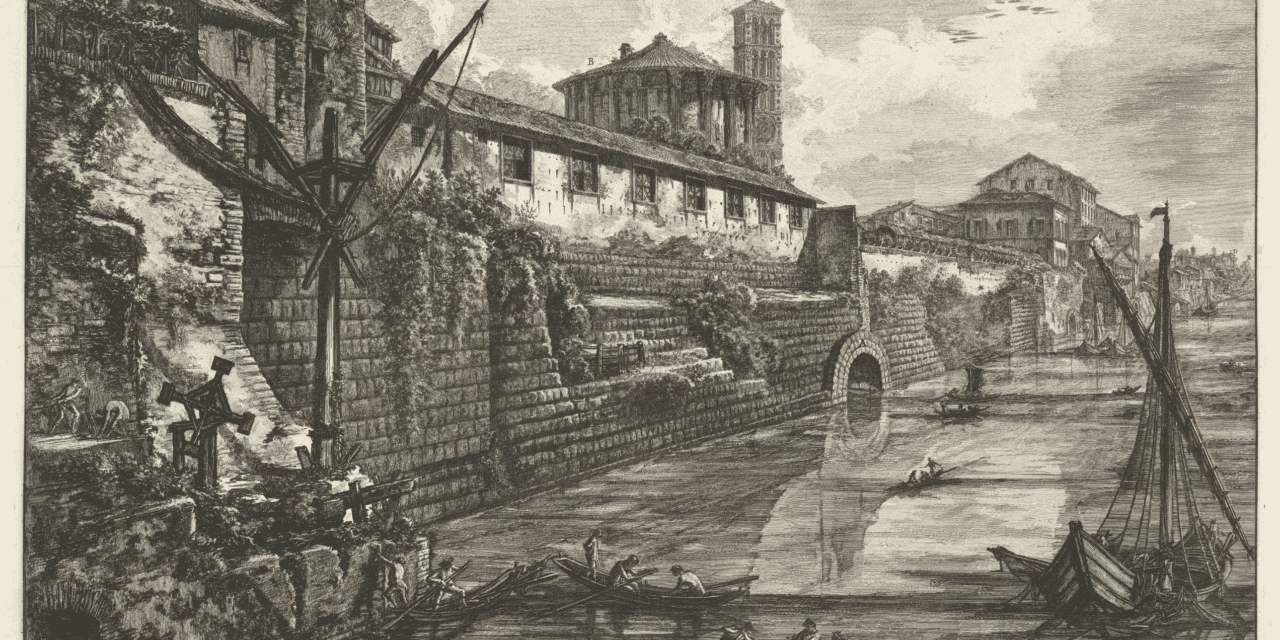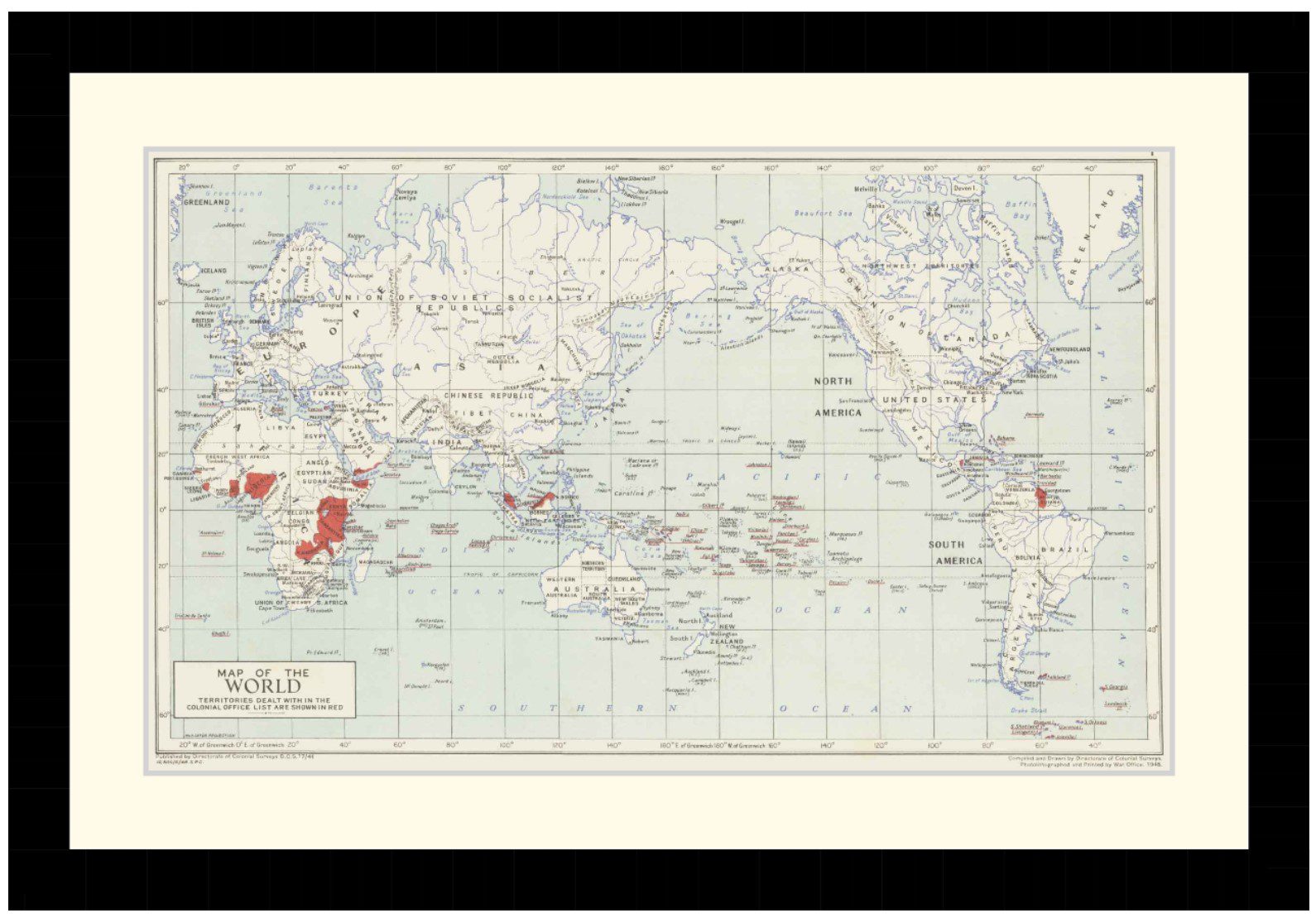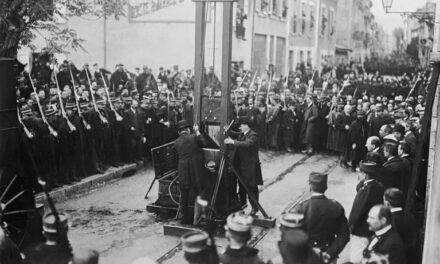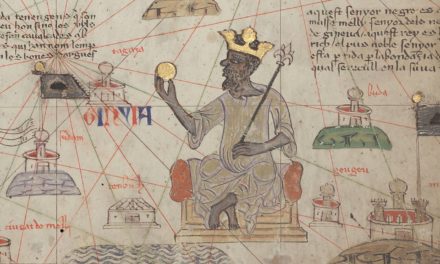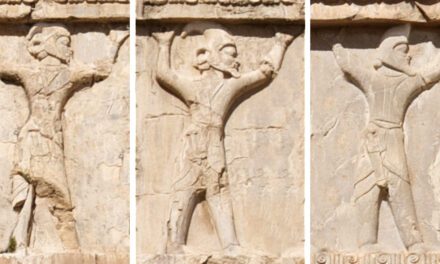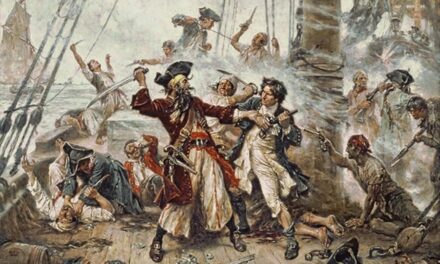History Guild General History Quiz 173
See how your history knowledge stacks up!
Want to know more about any of the questions? Scroll down to learn more!
Have an idea for a question? Suggest it here and we’ll include it in a future quiz!
The stories behind the questions
1. Who was the last king of Rome?
Tarquinius Superbus – His name meaning literally Tarquin the Proud, his position as King of the Romans has been independently by contemporary Greek sources. He ordered the construction of the cloaca maxima, Rome’s great sewer. He was forced to leave Rome after his son raped Lucretia, a Roman Noblewoman. According to Roman legend this was the beginning of the Roman Republic, with the rule of a King replaced by the two separate consuls elected to office for a term of one year.
2. When was the HIV virus first identified?
1983 – A team of doctors at the Pasteur Institute in France including Françoise Barré-Sinoussi and Luc Montagnier isolated a new retrovirus that they believed was the cause of AIDS. A year later two US groups also independently identified the virus.
3. What is the only major war Britain has fought against Russia?
Crimean War – Despite being a great power and imperial competitor for many years the Crimean War was the only major war Britain has fought against Russia. During the Napoleonic Wars France was a mutual enemy of Russia and Britain, during WW1 Germany was their mutual enemy. The 30 years war didn’t involve Britain or Russia.
4. Who ruled Germany after Adolf Hitler committed suicide in 1945?
Admiral Karl Dönitz – Dönitz remained a staunch Nazi and loyal to Hitler throughout the war. He became President of Germany after Hitler’s suicide on the 30th of April 1945, and remained in that post until he was arrested by the western allies on the 23rd of May 1945.
He did not immediately surrender, but spent a week directing all remaining German forces towards the Soviets in order to allow move German troops to surrender to the western allies rather than the Soviets. This was quite successful, with about 1.8 million German soldiers able to escape Soviet capture. With this achieved he submitted to unconditional surrender on the 8th of May.
He was convicted of numerous war crimes and received the manifestly inadequate sentence of 10 years imprisonment.
5. What revolution allowed the Bantu speaking people to expand and dominate much of Sub-Saharan Africa?
Their production and use of iron – After c. 800 BCE Iron working developed in the Lake Victoria region with African iron workers developing specific adaptations to iron production to suit local environmental and social situations. From this stemmed new forms of food production and new, more sedentary settlement patterns. This saw the Bantu expanding somewhat disjointedly across the continent, reaching the tip of southern Africa by around 800 CE.
6. When did the moratorium on commercial whaling come into effect?
1986 – In 1982, the International Whaling Commission issued a moratorium on commercial whaling that came into effect in 1986. This was in a large part due to the work of Greenpeace and other environmental in the preceding decade.
7. Where did George Macdonald Fraser, author of the Flashman series, gain his military experience?
Burma, WW2 – Fraser served as a Lance Corporal in the 14th Army, a predominantly Indian unit that bore the brunt of the Japanese offensive aimed at Burma and India. This unit trained relentlessly as well as continuously improving their tactics in order to stop and then push back the Japanese. This included a famous order from their commander, Bill Slim, that if the Japanese forces were behind you, then they too were surrounded.
8. Where was the Holy Roman Empire centred?
Austria and Germany – The Holy Roman Empire was a multi-ethnic complex of territories in central Europe that developed during the Early Middle Ages and continued until its dissolution in 1806.
9. Where have stone age settlements that are now flooded by the sea been found?
All of the above – Over 2600 submerged Stone Age artefact sites, settlements, and anthropogenic indicators have been identified on the seabed of the European seas. These finds extend from the Early Palaeolithic, nearly one million years ago, until establishment of modern sea levels about 5000 years ago, at the end of the Neolithic era.
10. Who wrote Oidepus Rex?
Sophocles – The second of his plays to survive, written a decade after Antigone. The play describes the how Oedipus unknowingly kills his father and marries his mother. When he realises this is what has occurred his mother kills herself and he gouges out his own eyes.

